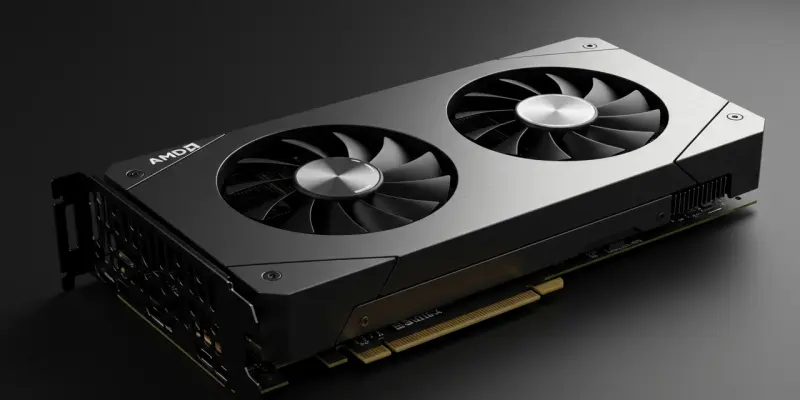In an intriguing turn of events, AMD’s RX 9070 series GPUs have been noticeably absent from the Steam Hardware Survey for several months, despite being among the latest offerings in the market. NVIDIA’s RTX 5060 Ti, launched around the same time, has quickly secured a foothold in the gaming community, raising questions about AMD’s market presence. The RX 9070 series was anticipated to be a strong competitor given AMD’s successful track record with previous RDNA architectures. The Steam survey, though informative, is voluntary and can lead to skewed representation in the tech landscape. Consequently, the AMD RX 9070’s absence hints at underlying factors affecting its adoption rate. Meanwhile, NVIDIA’s consistent appearance signals a competitive edge, albeit the survey’s methodological limitations must be considered when interpreting these results. A deeper examination of market dynamics and consumer preferences might offer insights into why AMD’s offerings have not gained similar traction in this survey.
NVIDIA’s Market Dominance and AMD’s Challenges
The NVIDIA RTX 50 series, notably the RTX 5060 Ti, has seen impressive success, boasting nearly 2% market share in the Steam Hardware Survey. This reflects NVIDIA’s skill in appealing to gamers who depend on graphics processors renowned for outstanding performance and reliability. Meanwhile, the noticeable absence of AMD’s powerful RX 9070 series in these surveys prompts inquiries into consumer choices and product appeal. Possible reasons for this may include AMD’s emphasis on price-to-performance ratios, which may be eclipsed by NVIDIA’s strong marketing and established brand allegiance. Furthermore, factors like survey testing methods and the demographic makeup of Steam participants could complicate data interpretation. Thus, examining AMD’s retail sales data independently is crucial to assess the true popularity of the RX 9070 series. This absence in surveys doesn’t negate potential success in other areas. Analyzing market data comprehensively is key as AMD responds strategically to these challenges, highlighting the complex dynamics in the GPU market where consumer behavior, branding, and innovation intersect.

